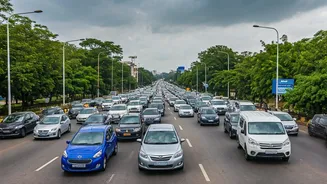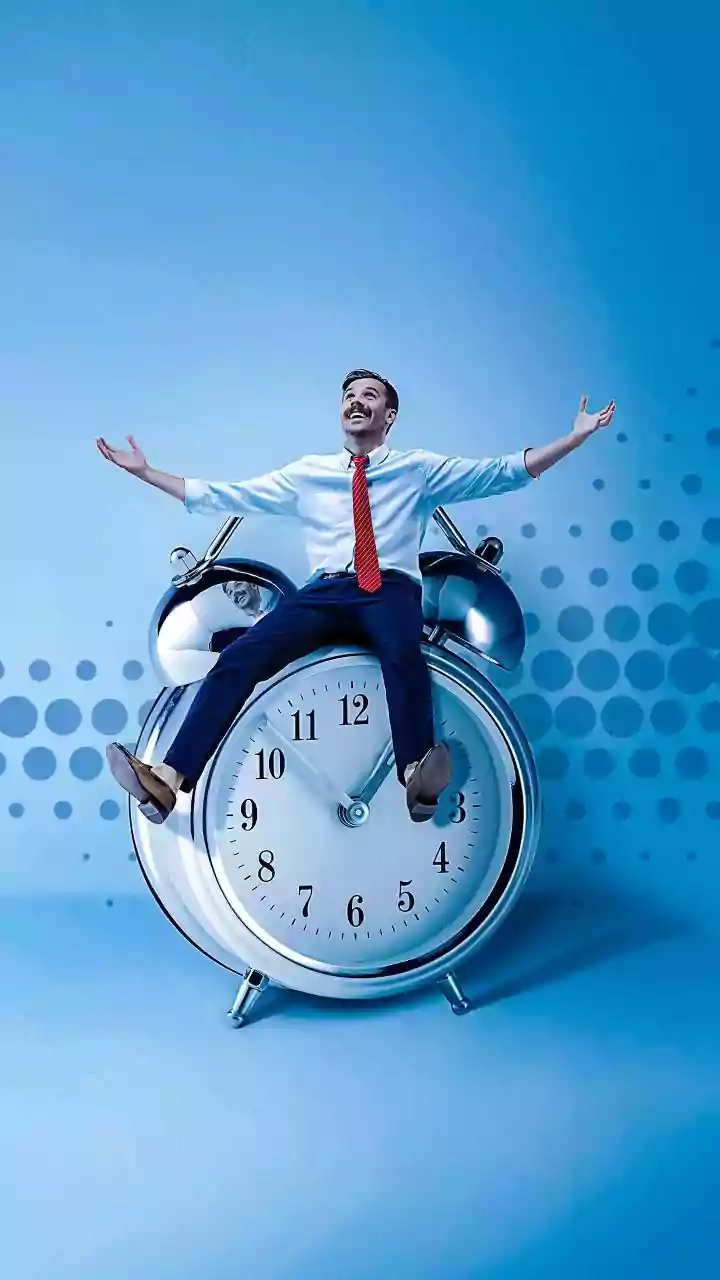Bengaluru's Traffic Woes
Rajan Anandan, a prominent figure at Peak XV, recently experienced a gruelling two-hour commute in Bengaluru's traffic, sparking a wave of discussions.
This incident underscored a common frustration for many residents of the city. Bengaluru, a hub of technological innovation and a major economic center, also grapples with some of the most congested roads in India. This daily reality not only affects the time spent on the road but also casts a shadow on people's mental health and overall productivity. The experience prompted a broader conversation on the impact of infrastructure and urban planning on citizens' day-to-day lives.
The Mental Toll
Prolonged exposure to heavy traffic can lead to heightened stress levels, increasing irritability and frustration. Commuting becomes more than just a means of transport; it transforms into a significant source of mental strain. The lack of predictability, the feeling of being trapped, and the constant exposure to environmental stressors contribute to a decline in well-being. This can then impact other areas of life, leading to difficulties in relationships, decreased work performance, and, in severe cases, the onset or worsening of mental health conditions. Recognising the mental toll of daily struggles like commuting is the first step towards finding effective solutions.
Coping Strategies
Developing strategies to cope with the mental challenges posed by daily struggles is essential. One effective approach involves cultivating a sense of perspective. It is important to remember that such situations are temporary and a shared experience. Taking active steps to manage stress can significantly improve one’s mental resilience. Techniques such as deep breathing exercises, mindfulness, or listening to calming music can help during stressful commutes. Planning for unexpected delays, keeping backup options in mind, and staying connected with loved ones can reduce anxiety. These coping strategies empower individuals to regain control and maintain emotional equilibrium during tough times.
Seeking Proactive Solutions
Moving beyond individual coping mechanisms, addressing systemic problems is crucial. Investing in public transportation and improving infrastructure are vital steps. Promoting more flexible work arrangements, such as remote work options, can reduce the number of vehicles on the road, lessening congestion. Supporting urban planning initiatives to create more efficient road networks and traffic management systems is important. Further, promoting cycling or walking for short trips can positively contribute to the overall well-being. By collaborating across various sectors, we can work towards more sustainable, efficient, and mentally healthy urban environments, lessening the burden of daily struggles.
Building Resilience
Resilience refers to the ability to bounce back from challenges and maintain a positive outlook. The capacity to manage stress, adapt to difficult situations, and maintain mental well-being is key to building a resilient mindset. Regular exercise, a nutritious diet, and adequate sleep form the foundation of this. Seeking support from friends, family, or professionals helps. Focusing on solutions rather than dwelling on problems, embracing a positive attitude, and accepting that difficulties are part of life are important facets of resilience. Building this essential skill equips people to manage daily frustrations and develop a deeper sense of inner strength.


















